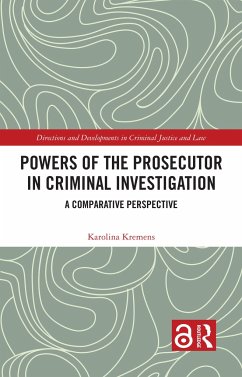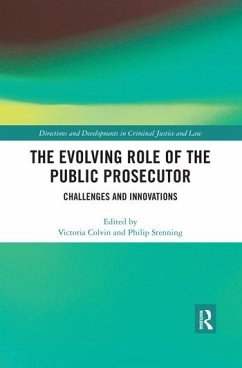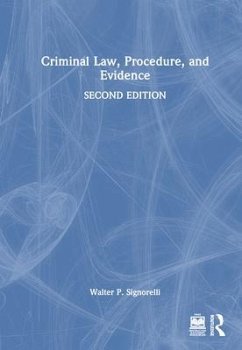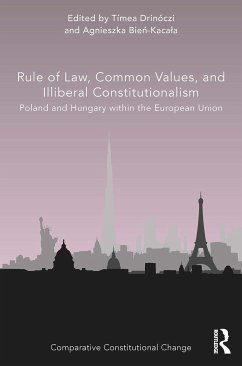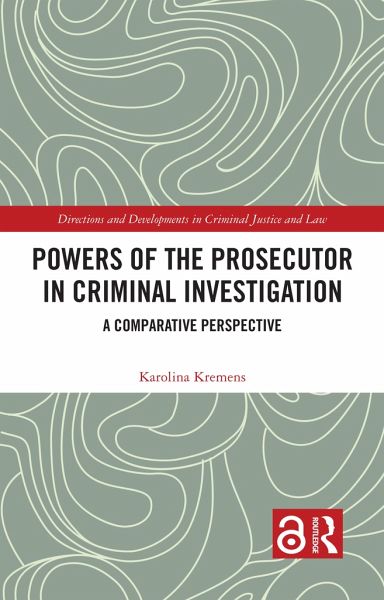
Powers of the Prosecutor in Criminal Investigation
A Comparative Perspective
Versandkostenfrei!
Versandfertig in 1-2 Wochen
168,99 €
inkl. MwSt.
Weitere Ausgaben:

PAYBACK Punkte
84 °P sammeln!
This comparative analysis examines the scope of prosecutorial powers at different phases of criminal investigation in four countries: the United States, Italy, Poland, and Germany. Since in all four the number of criminal cases decided without trial is constantly increasing, criminal investigation has become central in the criminal process. The work asks: who should be in charge of this stage of the process? Prosecutors have gained tremendous powers to influence the outcome of the criminal cases, including powers once reserved for judges. In a system in which the role of the trial is diminishi...
This comparative analysis examines the scope of prosecutorial powers at different phases of criminal investigation in four countries: the United States, Italy, Poland, and Germany. Since in all four the number of criminal cases decided without trial is constantly increasing, criminal investigation has become central in the criminal process. The work asks: who should be in charge of this stage of the process? Prosecutors have gained tremendous powers to influence the outcome of the criminal cases, including powers once reserved for judges. In a system in which the role of the trial is diminishing and the significance of criminal investigation is growing, this book questions whether the prosecutor's powers at the early stage of the process should be enhanced. Using a problem-oriented approach, the book provides a parallel analysis of each country along five possible spheres of prosecutorial engagement: commencing criminal investigation; conducting criminal investigation, undertaking initial charging decisions; imposing coercive measures; and discontinuing criminal investigation. Using the competing adversarial-inquisitorial models as a framework, the focus is on the prosecutor as a crucial figure in the criminal process and investigation. The insights of this book will be of interest and relevance to students and academics in criminal justice, criminology, law, and public policy, as well as policymakers, government officials, and others interested in legal reform.




